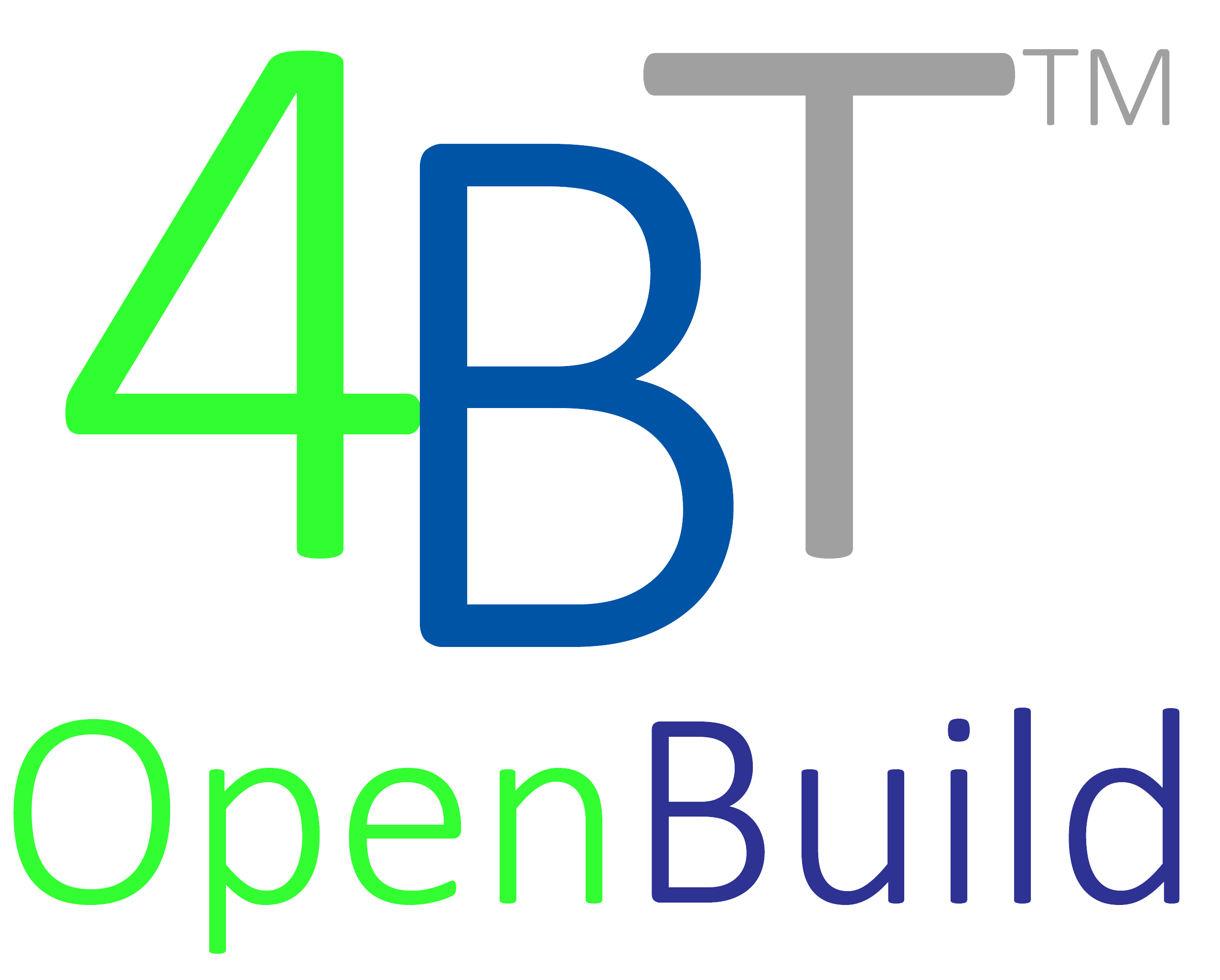Standardized work management drives FM productivity by providing full technical and cost transparency to both owners and service providers.
Cost savings of 30%-40% are possible local market requirements are known and shared by owners, design-builders, and others in a collaborative manner with a focus upon mutually beneficial best value outcomes.
People, Purpose, Process, Information, and Technology
Establishing standardized granular work tasks and associated processes and workflows establishes a baseline for improvement. Without a baseline productivity management is simply not possible. Objective, granular works tasks come in the form of locally researched unit price cost books (UPBs) that include a task description, unit of measure, and detailed labor, material, and equipment breakdowns in composition and cost.
1. Establish a baseline for improvement.
2. Create a means of realizing attainment of organizational goals at all levels, from leadership to the front lines where those doing the work are enabled to contribute there expertise and problem solving skills.
3. Commit to and support a collaborative work environment among internal and external planning, procurement, and project delivery teams.
4. Enter long-term mutually beneficial performance-based projects that have integral operations manuals/execution guides and associated standardized workflows and quantitative metrics.
5. Require initial and ongoing training in support of continuous improvement.
Standardized Work Management Drives FM Productivity while standardized granular work tasks and associated processes and workflows establish a baseline for improvement.
Well-designed standardized work ins combination with robust systems-thinking based process supports both technical and social dimensions of the work equally, fostering a productive environment and accountability.


